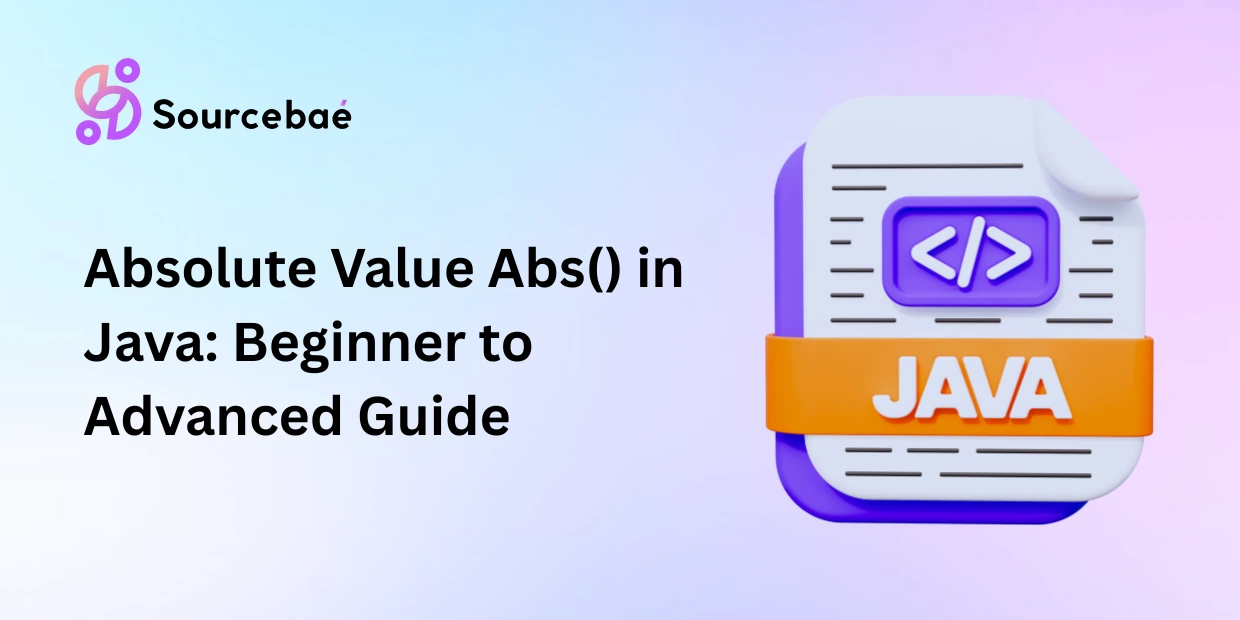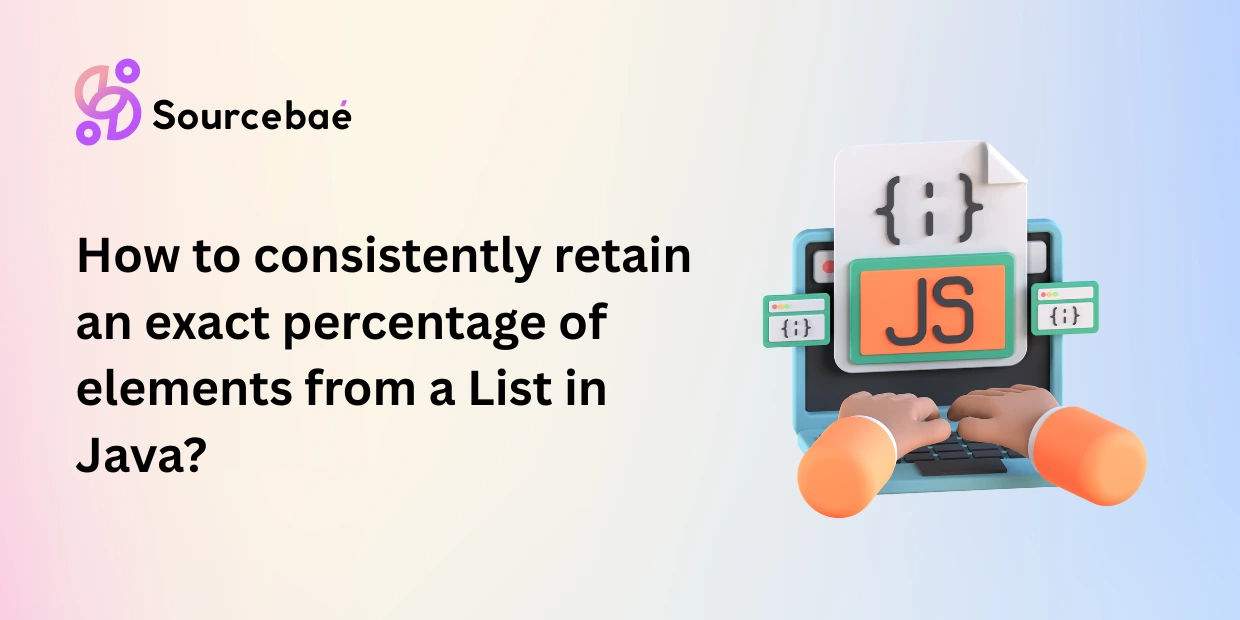Java Best Practices for Developers
In the dynamic world of software development, mastering Java Best Practices is like holding the key to a treasure trove of efficient coding techniques. Whether you’re a seasoned developer or just starting your coding journey, understanding these practices is paramount. In this comprehensive guide, we’ll delve into the realm of Java Best Practices for Developers, uncovering a wealth of insights and tips to elevate your coding prowess.
Before we dive into the nitty-gritty, let’s grasp the essence of Java Best Practices. These practices encompass a set of guidelines and conventions that empower developers to write code that’s not only functional but also maintainable, readable, and performant. They serve as a compass, guiding developers toward crafting robust and efficient Java applications.
Embrace Descriptive Naming
One of the cornerstones of Java coding excellence is using meaningful and descriptive names for variables, classes, methods, and packages. Descriptive names enhance code readability and reduce confusion, making your code self-documenting. Instead of generic names, opt for expressive labels that convey the purpose and functionality of the elements.
Keep Methods Concise and Cohesive
Java methods should follow the “Single Responsibility Principle,” performing a single task or function. Keeping methods concise promotes code reusability, readability, and easier debugging. Break down complex tasks into smaller, focused methods, each contributing to the overall functionality.
Efficient Exception Handling
Exception handling is a crucial aspect of robust coding. Follow the “Fail-Fast” principle, which involves identifying and handling exceptions at the earliest point in the code. This approach prevents unexpected errors from propagating and provides meaningful error messages for quicker issue resolution.
Optimize Memory Usage
Java’s automatic memory management doesn’t eliminate the need for memory optimization. Use object pooling, avoid memory leaks, and release resources explicitly when they’re no longer needed. By managing memory efficiently, you can enhance the performance and responsiveness of your Java applications.
Leverage Inheritance and Polymorphism
Java’s object-oriented nature shines through inheritance and polymorphism. Utilize these concepts to create extensible and maintainable code. Inheritance allows you to create a new class based on an existing one, while polymorphism enables objects of different classes to be treated uniformly, promoting code flexibility.
Effective Usage of Libraries and Frameworks
Leverage the power of Java libraries and frameworks to avoid reinventing the wheel. Libraries like Apache Commons and Google Guava provide a plethora of pre-built functions and utilities. Frameworks such as Spring and Hibernate streamline complex tasks and promote best practices.
Writing Clean and Readable Code
“Code is read more often than it is written.” Following this mantra, prioritize writing clean and readable code. Employ proper indentation, consistent formatting, and meaningful comments. A well-structured codebase is not only aesthetically pleasing but also easier to maintain and troubleshoot.
Testing: Your Safety Net
Thorough testing is a hallmark of proficient Java development. Embrace unit testing, integration testing, and test-driven development (TDD) methodologies. Automated testing ensures that your code functions as intended, minimizing the chances of regressions and bugs.
Version Control with Git
Version control is a lifesaver in collaborative coding environments. Git, the industry-standard version control system, empowers developers to track changes, collaborate seamlessly, and revert to previous versions if needed. Mastering Git enhances code collaboration and project management.
Java Best Practices for Developers: FAQs
Q: How do Java Best Practices benefit developers?
Java Best Practices promote code quality, readability, maintainability, and performance. They enhance collaboration, reduce bugs, and streamline development workflows.
Q: Is it necessary to follow all Java Best Practices?
While not mandatory, adhering to these practices leads to better code quality and smoother development processes. Select practices that align with your project’s needs.
Q: Can Java Best Practices improve application performance?
Absolutely. Practices like memory optimization, efficient exception handling, and proper library usage directly impact application performance.
Q: What’s the role of version control in Java development?
Version control, particularly Git, enables developers to track changes, collaborate efficiently, and manage project history, fostering a structured and organized development environment.
Q: How do Java Best Practices contribute to maintainable code?
By promoting concepts like concise methods, clean code, and modular design, Java Best Practices ensure that code remains comprehensible and adaptable throughout its lifecycle.
Q: Are Java Best Practices applicable to beginners?
Yes, beginners can greatly benefit from adopting these practices early in their coding journey. They instill good coding habits and pave the way for skillful development.
Conclusion:
Mastering Java Best Practices for Developers is an investment that pays off in the form of efficient, maintainable, and high-performing code. By embracing these guidelines and techniques, you’re not only elevating your coding skills but also contributing to a thriving and collaborative development ecosystem. So, unlock the full potential of Java coding by integrating these best practices into your coding repertoire.






